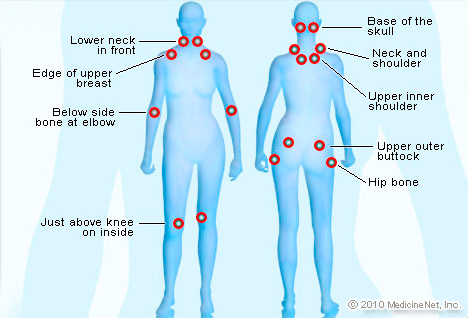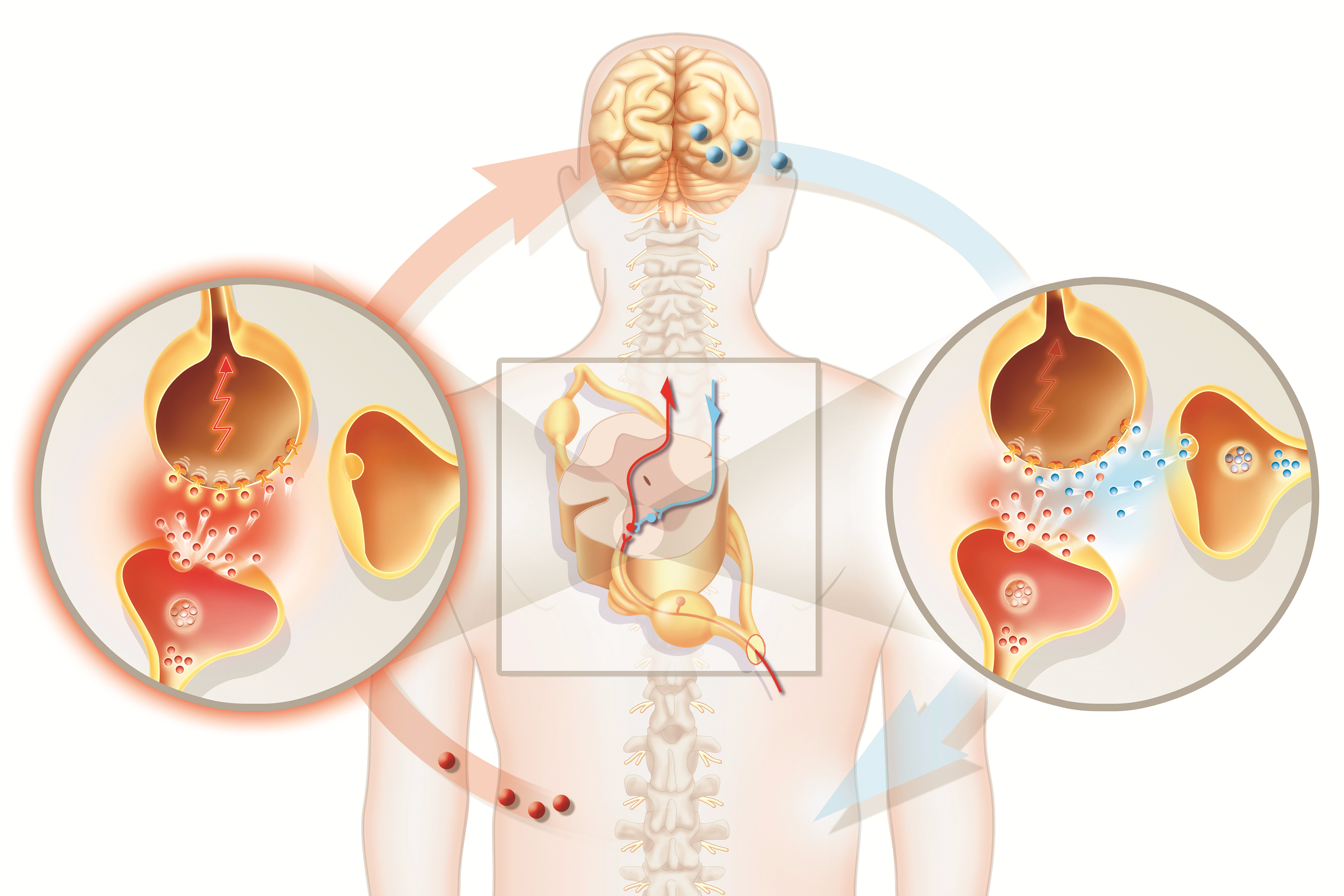Trazodone is not typically a first-line treatment for chronic pain, but due to its effects on sleep and serotonin modulation, it is sometimes used off-label to help manage certain types of chronic pain, especially when the pain is associated with sleep disturbances or depression.

Below are the types of chronic pain that trazodone is sometimes prescribed for:
1. Fibromyalgia
- Mechanism: Fibromyalgia is often associated with widespread musculoskeletal pain and sleep disturbances. Trazodone’s ability to improve sleep and reduce pain perception by modulating serotonin levels can be beneficial. Its sedative properties help improve the poor sleep quality common in fibromyalgia patients, which can indirectly reduce pain.
- Effect: Trazodone can reduce the overall sensitivity to pain by promoting deeper, restorative sleep.
2. Neuropathic Pain
- Mechanism: Neuropathic pain, which results from nerve damage, can be difficult to treat. Trazodone’s effects on serotonin and noradrenaline modulation may help alter the perception of pain. It also improves sleep, which can exacerbate neuropathic pain when disrupted.
- Conditions: It may be used to treat diabetic neuropathy, postherpetic neuralgia (pain following shingles), and other types of nerve-related pain.
3. Chronic Back Pain
- Mechanism: Chronic back pain can be worsened by poor sleep and emotional distress. Trazodone helps improve sleep quality and may reduce the perception of pain by stabilizing serotonin levels.
- Effect: It can provide relief in people with chronic lower back pain, particularly when insomnia is present.
4. Headaches and Migraines
- Mechanism: Trazodone may be used to treat chronic tension headaches or migraines, particularly when these conditions are linked to stress, anxiety, or sleep disturbances. By modulating serotonin levels and improving sleep quality, trazodone can reduce the frequency and severity of headaches.
- Effect: It is occasionally used off-label as a preventive treatment for migraines or tension headaches.
5. Myofascial Pain Syndrome
- Mechanism: Myofascial pain syndrome involves muscle pain and trigger points, often worsened by stress and poor sleep. Trazodone’s sedative and serotonin-modulating effects can help relax muscles, improve sleep, and reduce the sensitivity to pain.
- Effect: Its impact on sleep can indirectly help manage this type of pain.
6. Chronic Pelvic Pain
- Mechanism: Chronic pelvic pain can involve both physical and psychological components. Trazodone’s ability to modulate serotonin and improve sleep may offer relief, especially if there is an emotional or stress-related component to the pain.
- Effect: It is sometimes used off-label to help manage chronic pelvic pain, particularly in women.
7. Cancer-Related Pain
- Mechanism: Trazodone is sometimes used in patients with cancer-related pain, particularly when pain coexists with depression and insomnia. Its dual effects on sleep and mood can be helpful in managing the emotional and physical toll of chronic cancer pain.
- Effect: It helps improve the quality of life by addressing both pain and sleep disturbances.
8. Temporomandibular Joint Disorder (TMJ)
- Mechanism: TMJ disorder, characterized by chronic jaw pain, may be aggravated by stress, anxiety, and poor sleep. Trazodone’s calming and sleep-promoting effects can reduce the intensity of TMJ pain by lowering muscle tension and improving sleep quality.
- Effect: It may be prescribed off-label to treat TMJ-related pain, especially in patients with associated anxiety or insomnia.
9. Arthritis-Related Pain
- Mechanism: For some people with osteoarthritis or rheumatoid arthritis, pain worsens at night and disrupts sleep. By improving sleep and reducing pain perception via serotonin modulation, trazodone may help these patients manage their pain more effectively.
- Effect: Its use in arthritis is mostly aimed at improving sleep quality, which indirectly helps manage pain.
Summary of Trazodone’s Role in Chronic Pain:
While trazodone is not a painkiller, its ability to enhance sleep quality and modulate serotonin levels helps reduce the overall perception of pain in various chronic conditions. Chronic pain often leads to sleep disturbances, and poor sleep can exacerbate pain, creating a cycle of worsening symptoms. By breaking this cycle, trazodone can improve the quality of life for individuals with chronic pain conditions.


